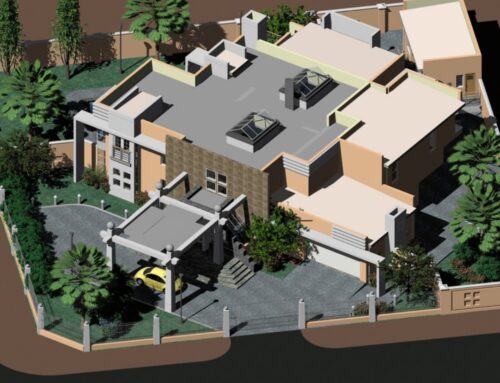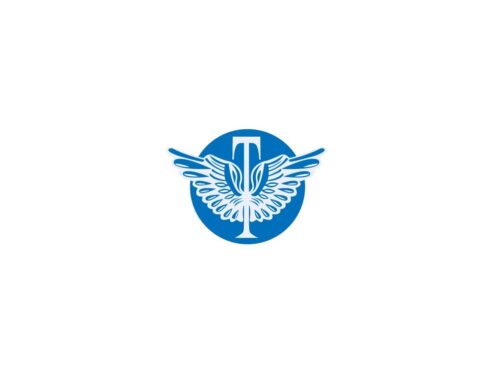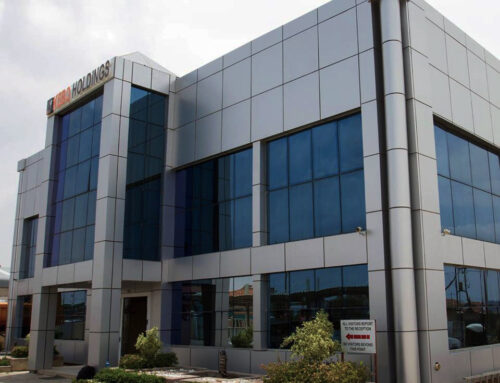
His Excellency Lieutenant General Seretse Khama Ian Khama, President of Botswana, comes from a family known for leadership since Botswana’s independence. He is the son of the country’s first President, the late Sir Seretse Khama, and his wife Lady Ruth Khama. The current president was born in the UK in 1953 when his parents were in exile from Botswana because of opposition to their interracial marriage.
After his parents’ return to Botswana in 1956, Seretse Khama Ian Khama was educated in his home country and at the Waterford School Swaziland in Mbabane, followed by Geneva, Switzerland and the UK’s elite officer-training school, the Royal Military Academy in Sandhurst. In 1973 he joined the Police Mobile Unit, the forerunner of the Botswana Defence Force (BDF), and played a central role in transforming the BDF into a modern professional force.
Capable leader, environmentalist and supporter of the poor
Joining Botswana’s military, Seretse Khama Ian Khama rose through the ranks to become Lieutenant General. He entered politics in 1998 as a member of parliament in the Botswana Democratic Party. When President Festus Mogae resigned in 2008, Seretse Khama Ian Khama became President. He was elected for his first term in 2009. The President strongly supports a number of cultural, environmental, sports and philanthropic organisations and has received many international and local awards.
Lieutenant General Seretse Khama Ian Khama became President at the height of the global economic crisis. He points out, “Because of the recession, we abandoned a lot of planned infrastructure projects and focused on helping Botswana’s poor. Now, because of the foundations we established, we can move forward.”
Botswana is now ranked a middle-income country known for its good governance. The President says, “Our economy is strong but Botswana still faces many challenges, including HIV/AIDS. We have heavily supported programmes like making antiretroviral drugs available to patients and preventing mother-to-child transfer. Our Vision 2016 is to have the first HIV/AIDs-free generation in Botswana.”
Energy and water are priorities

Botswana’s latest economic development plan, currently being established, sets new targets for the country. The President explains, “Two strategic areas we need to concentrate on are energy, both for our own use and for export, and water. Those are our big-budget items. For water, we plan to tap into the Chobe and Zambezi rivers as well as the Lesotho highland water programme via a pipeline in partnership with Lesotho and South Africa.”
In the energy sector, Botswana could employ its own coal reserves to fuel power plants but is concentrating more on producing coal for export and developing renewable energy. The President comments, “We need to contribute to the global effort of keeping harmful emissions to a minimum.”
Botswana will continue to diversify its economy. The President points out, “Diversification away from diamonds does not mean diversifying away from mining. We see mining as a growth sector, and we will soon open new coal mines and a new copper mine. In addition, thanks to new technologies, we can extend the life of our key diamond mines to 2050.”
Another of the President’s goals is to transform Botswana into a knowledge-based economy. One strategy is to improve the country’s educational opportunities. He says, “We have a high literacy rate and an educated population, but we still need to train qualified human resources. We are encouraging the private sector to create high-quality educational institutions here in Botswana. We will soon open Botswana’s first medical university.”
Lieutenant General Seretse Khama Ian Khama is also committed to protecting Botswana’s natural and cultural heritage. He says, “We have to employ new approaches to mining to protect the environment. We will not sacrifice the Okavango or other unique areas, no matter how much coal or other mining resources we might find there. A mine recently opened in the Kgalagadi game reserve, but it is adopting techniques that do not undermine the pristine nature of the environment. We also want mining companies in Botswana to support local communities.”
Protecting natural and cultural heritage
Botswana will keep environmental and cultural protection in mind as it develops its high-potential tourism sector. The President says, “We are focusing on low-volume, high-end tourism. We have offered concessions to tourism operators for certain areas where they can provide an exclusive experience for visitors and we are developing other areas for tourism.”
The President welcomes private investors to Botswana. He explains, “Botswana is a small market but it is in the heart of the SADC. The Botswana Development Corporation (BDC) provides one-stop-shop services for investors and is dedicated to helping them become successful and grow here in Botswana. We have streamlined red tape to make establishing a business much easier.”
To potential investors and visitors around the world, the President concludes, “Botswana was one of the ten poorest countries in the world at independence in 1966 and has grown to become a thriving middle-income country. Investors should recognise our past performance and future potential.”





